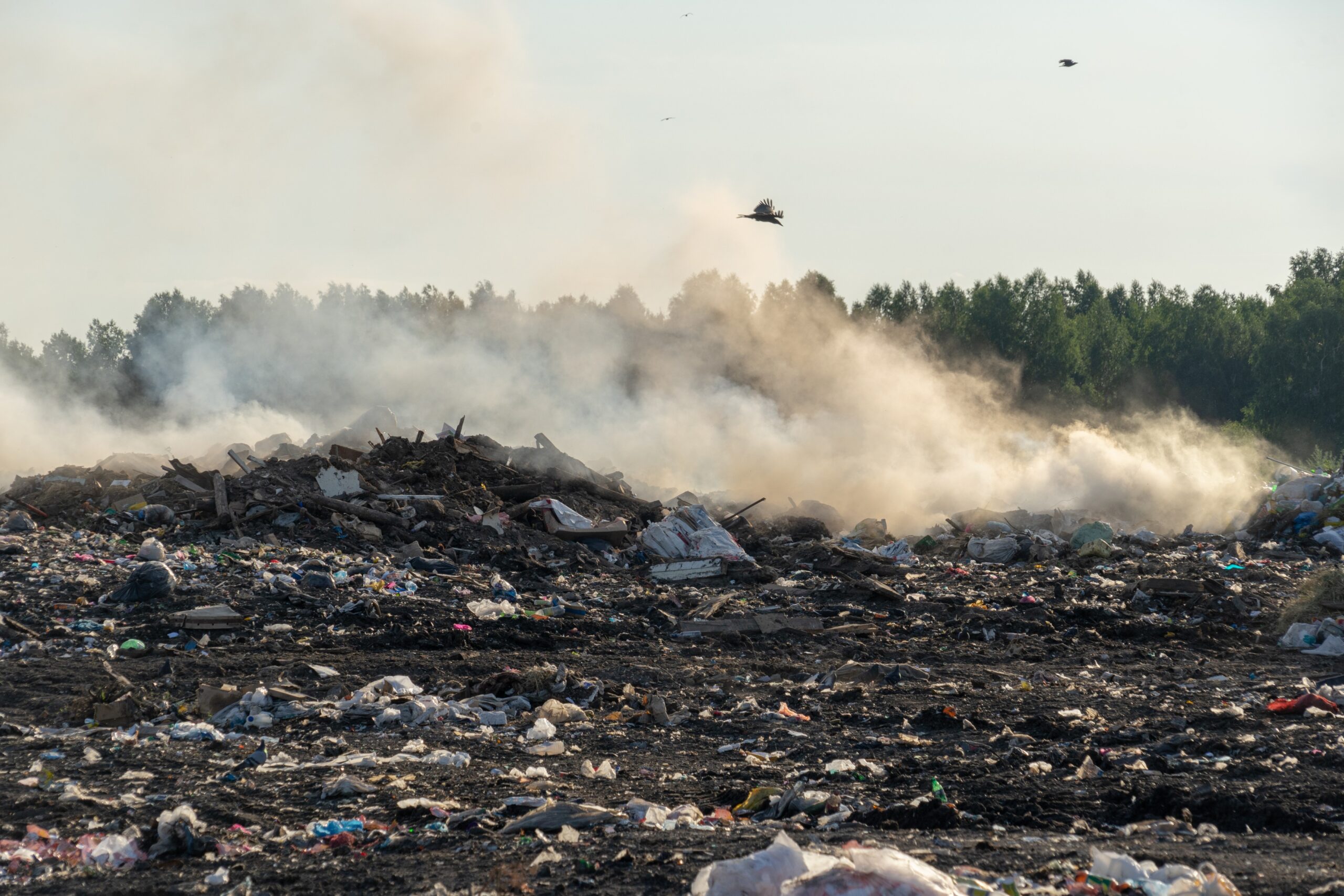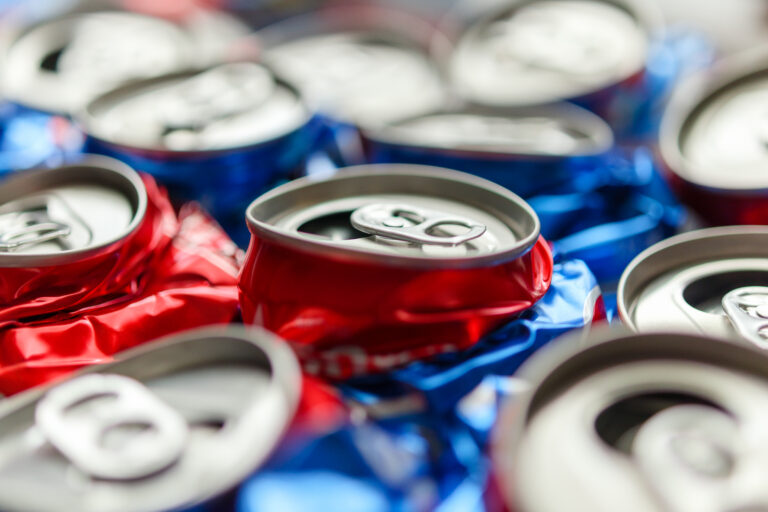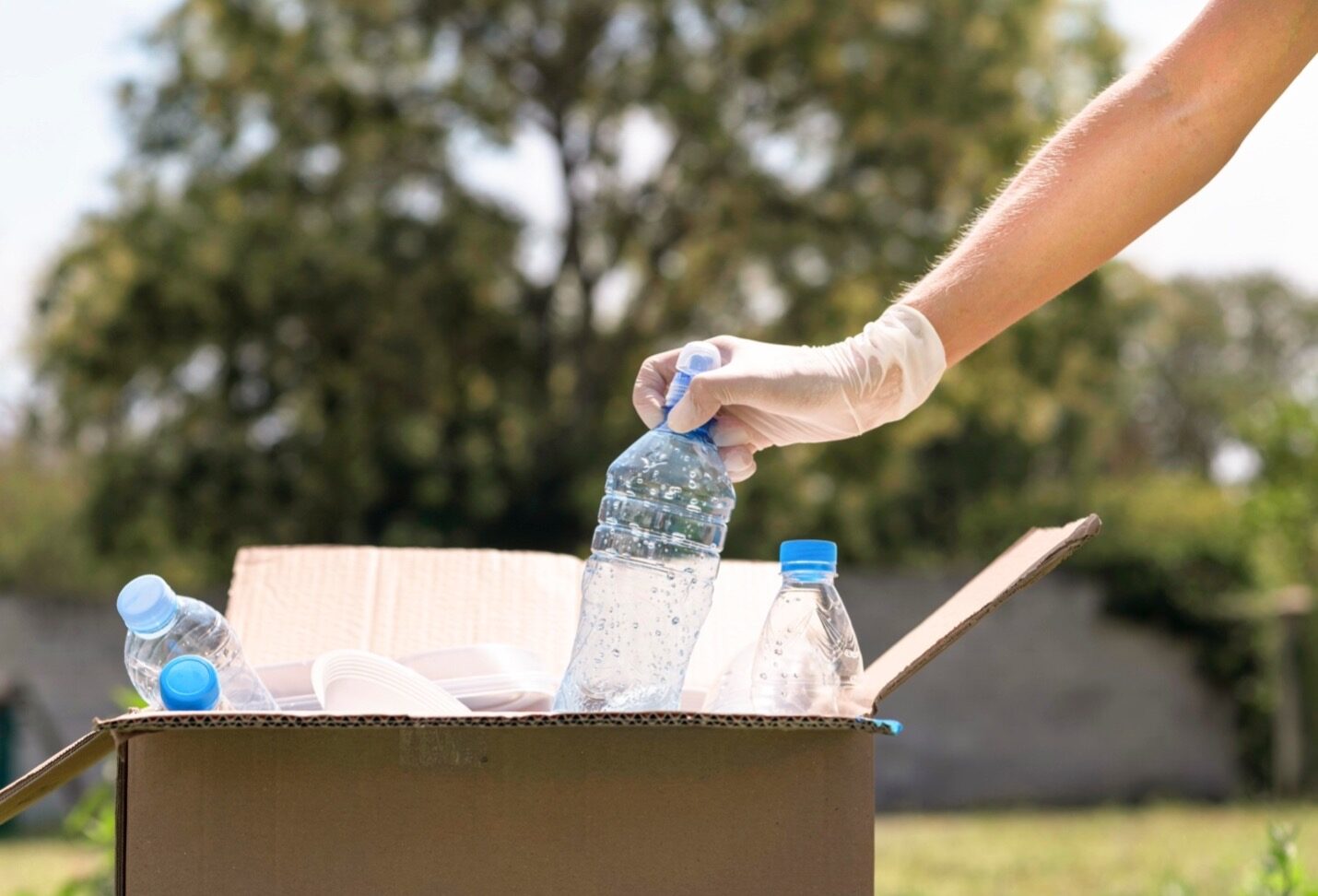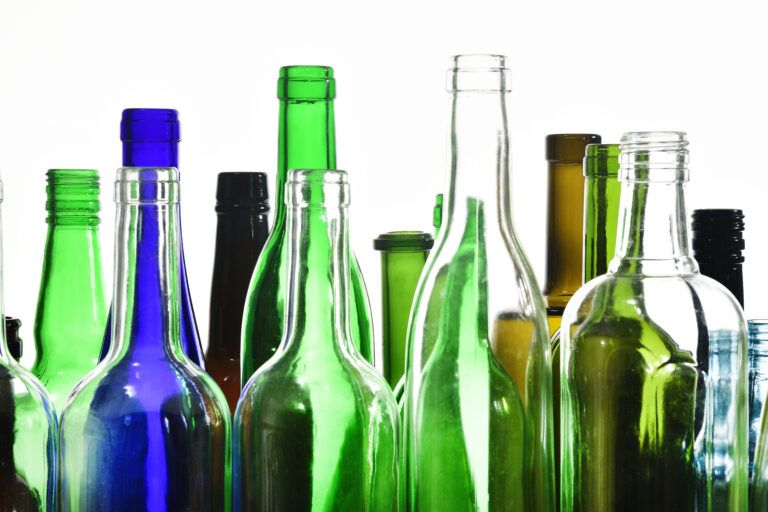
1. Pollution and global warming
Recycling can reduce the problem of massive amounts of waste that are simply dumped at places. In the majority of cases, this garbage is simply burned. However, doing so, it releases massive amounts of carbon dioxide and hazardous gases into the atmosphere, which can exacerbate the problem of global warming if done on a large scale. When more waste is recycled, the amount of waste that gets burnt decreases. Recycling can help to combat one of the causes of global warming and pollution this way.

2. Protection of the Eco-System
Landfills and waste-burning sites have a significant negative impact on the environment. These places have the potential to permanently harm wildlife habitats. This is especially concerning when rare or endangered animals’ habitats are threatened. We can minimize the need for these harmful waste landfills by recycling and reducing the amount of waste that is transported to them. We can safeguard our environment and help sustain natural habitats rather than destroying them by attempting to repurpose materials rather than simply discarding them.

3. Preservation of Natural resources
Recycling, through reusing materials, can aid in the conservation of the planet’s natural resources. Rather of mining raw resources from the land, recycling provides us a more environmentally friendly alternative. By lowering demand for raw materials, it can prevent enormous areas of deforestation for the quest of natural resources. Recycling can also help us slow down the rate of mining for minerals and other resources, saving and conserving the planet’s natural resources for future generations.







